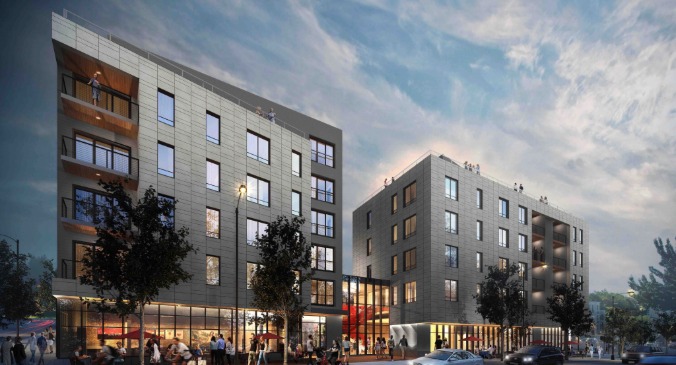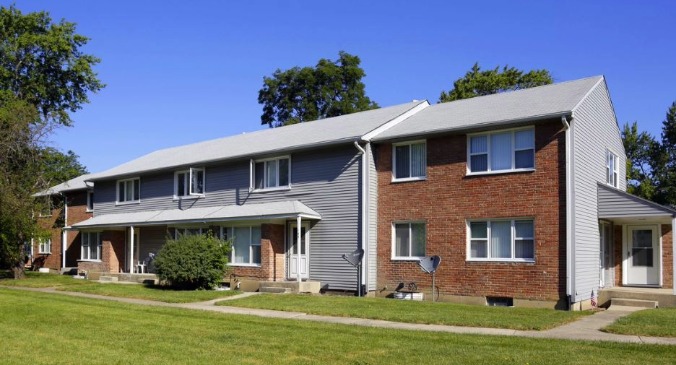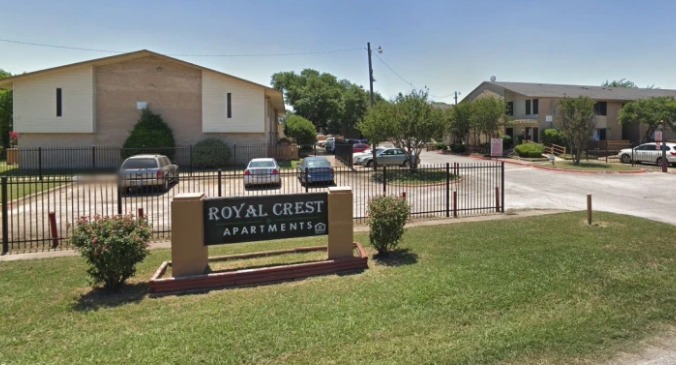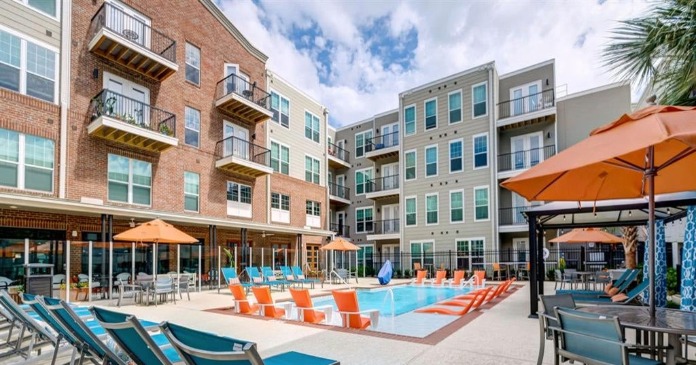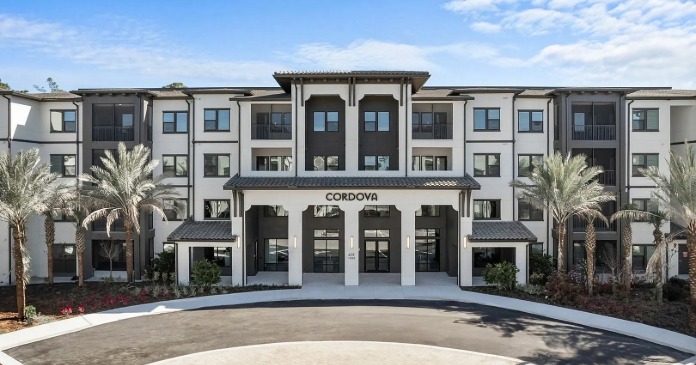Illustrating how the federal regulatory system has run amok and the need for Congress to pass legislation to fix a broken permitting process, a development firm today shared its three-decade nightmare with a House panel regarding its futile attempts to obtain a Clean Water Act permit.
During a hearing before the House Subcommittee on Interior, Energy and the Environment, lawmakers heard how The ESG Companies based in Virginia Beach, Va. has been denied a Section 404 Clean Water Act permit to develop its property for close to 30 years, even though the company has repeatedly gone through proper channels and put forth state-approved plans that would result in no net loss of wetlands.
Valerie Wilkinson, vice president and chief financial officer of The ESG Companies, testified before the House committee on behalf of the National Association of Home Builders (NAHB). She described how an ongoing regulatory quagmire has prevented her firm from developing a multi-use community to meet local housing needs on land purchased in the mid-1980s.
“The land we acquired almost three decades ago still lays undeveloped and we continue to be held hostage by the federal government,” said Wilkinson. “Throughout every step of the process, the rules have changed and new requirements have been added. After 30 years, we’ve spent more than $4.5 million and are still not even close to obtaining the required federal Clean Water Act 404 permit for our project.”
During The ESG Companies’ decades-long odyssey to obtain required permits for the development of its property, the firm has hired specialists with extensive expertise in environmental geology and wetlands hydrology, scores of environmental consultants to conduct wetland functional assessments and consultants suggested by the U.S. Army Corps of Engineers.
“Over the past 30 years, we have complied with every request, modified our building plans and created an extremely aggressive conservation plan to combat environmental impacts,” said Wilkinson. “Most businesses do not have the time, money and fortitude to engage in these lengthy battles and are forced to abandon such projects. We mean to stay in this fight, but it is difficult to say what else we can do to move this project forward.”
In a positive development, the Trump administration is working to rescind the waters of the U.S. rule. Though the rule is not currently in effect, it would increase federal regulatory power over private property and lead to increased litigation, costly permit requirements, and lengthy delays for any business trying to comply.
NAHB will work with the administration to develop a new rule that will protect the nation’s waterways and environment and take into account the interests of small businesses and local communities across the land.
To further streamline the permitting process and prevent federal agencies from needlessly delaying projects, NAHB is seeking a regulatory and legislative solution that would:
- Require one federal agency to take the lead on evaluating projects. Allowing builders to consult with one agency will ultimately reduce the time and resources needed to obtain a permit, while continuing to protect the environment.
- Give the federal government a two-year deadline to complete the permitting process. This would provide clarity and certainty to home builders and other small businesses.
- Allow states to administer the Clean Water Act 404 permitting program for certain waters within their borders. By granting authority to the states as envisioned by Congress, red tape in Washington will be cut and permit costs and delays for home building projects and related infrastructure projects will decrease.
ABOUT NAHB:
The National Association of Home Builders is a Washington-based trade association representing more than 140,000 members involved in home building, remodeling, multifamily construction, property management, subcontracting, design, housing finance, building product manufacturing and other aspects of residential and light commercial construction. NAHB is affiliated with 700 state and local home builders associations around the country. NAHB’s builder members will construct about 80 percent of the new housing units projected for this year.




